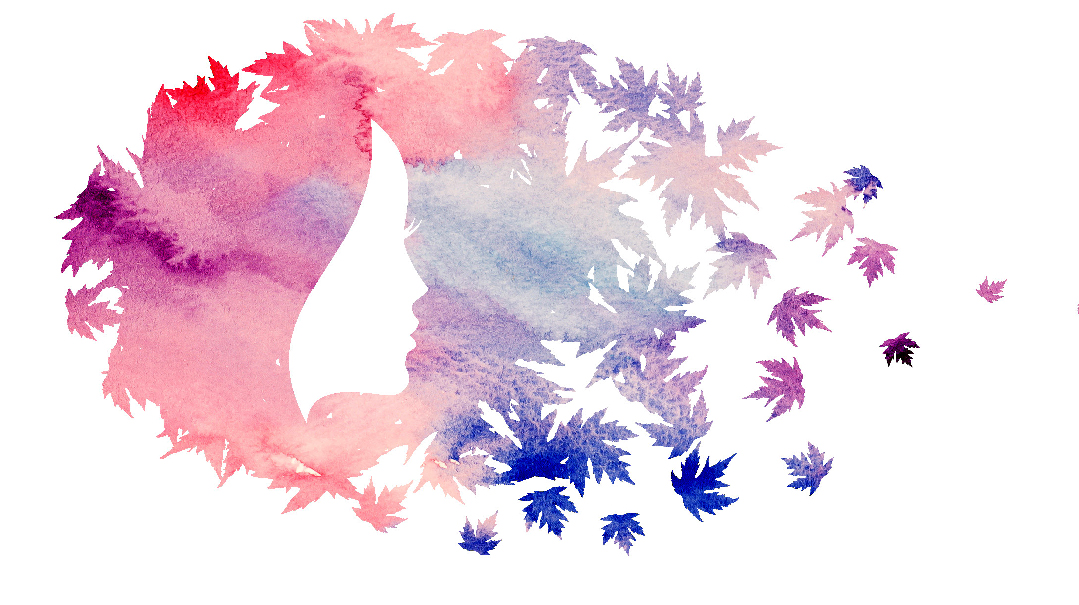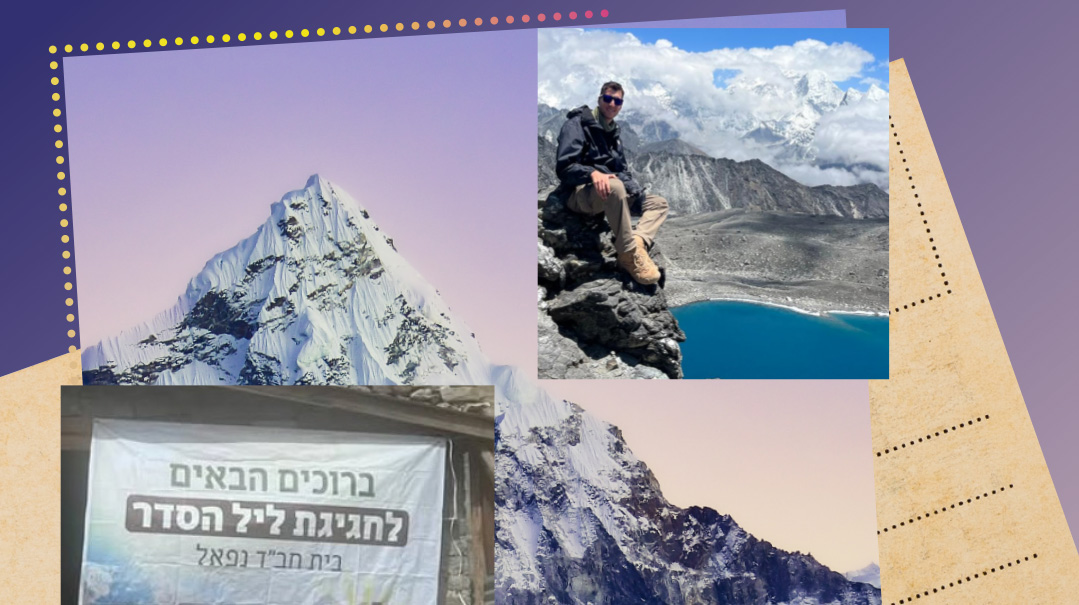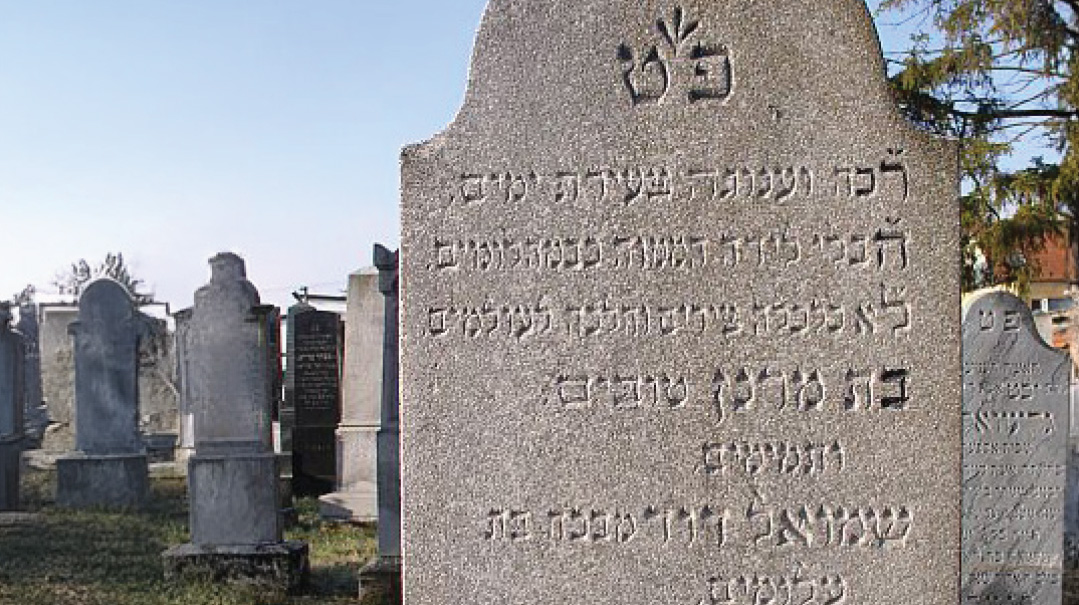Meet Chaya Hinda Allen

Chaya Hinda Allen empowers women to change their thoughts — and change their lives

It Takes a Village
Liverpool is a tiny Jewish community — quintessential small-town living.
That’s where I got my first experience in how communities work. My father was the treasurer of the local cheder, my mother raised funds to support Israel, and my aunt was the treasurer for the local community center, which was the hub of our lives. I starred in plays there from the age of six, and was either a camper or counselor there each summer. As a teen, I was a representative on its Board of Governors.
After seminary, I stayed in Israel and settled there. My young family was one of the first English-speaking families to move to Beitar. I worked for a seminary while my husband learned.
Realizing that the English-speaking women were lonely and disconnected, the rav of the neighborhood asked me to form a Neshei, so they’d have a support network. After I experienced a minor medical crisis — my fifth child was hospitalized at three weeks with a double ear infection — I saw how difficult these emergencies could be for women without family support, so we branched out to helping families in crisis, creating a fund to help them with meals and childcare.
We put on plays every other year to fund our work, which was also a fun way for women to socialize and relax together. I acted in each of them — usually as the villain.
Turning Point
Thirteen years after we moved to Beitar, I experienced a major personal trauma. Feeling hopeless and lost, I needed answers. As involved as I’d been in creating community networks, when I suffered this massive shock, I had no idea where to turn.
I tried various hashkafah and self-help classes, but didn’t find what I was looking for. One day, after yet another shiur that just didn’t do it for me, the lecturer passed around a flier for a class by Rabbanit Sarah Yosef, the daughter-in-law of Chacham Ovadiah, who was speaking about positive thinking. My interest was piqued, and I made the three-hour round trip to Bnei Brak to hear her.
The Rabbanit had a message unlike any I’d heard before. She described how we could change our reality by taking control of our thoughts — and that Hashem responds to our thoughts and feelings of emunah, even if our life circumstances remained the same. The helplessness, she explained, was just a feeling, not a reality.
Until I heard the Rabbanit speak, I never realized the power we wield through our thoughts, speech, and imagination. I hadn’t known that my feelings reflect my thoughts, and that by changing how I thought, I could change how I felt, which would in turn change my life.
I attended her 11-week series religiously, doing my homework very seriously. I listened to her guided-imagery tracks and felt myself changing in a tangible way. The hopelessness dissipated, and slowly, my actual circumstances began to look up as well.
Thrilled and empowered, I organized a class back home in Beitar to share the treasures I’d discovered. I begged three friends to come listen, and they each shlepped another along. As I proudly expounded on the power of the mind, they didn’t listen to a word. Instead, they argued, demanding sources that backed up what seemed so obvious and right to me.
That gave me pause. The Rabbanit’s words had made so much sense, and I’d experienced the change personally, but she hadn’t provided many sources. So I dove into the seforim, looking for the hashkafic underpinnings of the concepts that had changed my life.
The Big Idea
One valuable resource was Rav Avrohom Chaim Carmell, son of a prime disciple of Rav Dessler. I discussed with him the concepts I was teaching in emunah, and the Sefer HaIkkarim’s statement that envisioning positive outcomes is a tool to banish worry. I was creating and using guided imageries as a means to encourage women to imagine positive outcomes in order to feel anticipation and hope, and Rav Carmell encouraged me greatly, saying he believed that using the imagination in this way was the intention of Rav Dessler, when he teaches about using imagination (tziurei halev, pictures in the heart) to internalize the abstract ideas of emunah and bitachon.
I discovered that the Rambam says we must do what we can to deepen our feelings of emunah and bitachon, not being satisfied with merely knowing these concepts intellectually. The Nesivos Shalom explains that when a Yid uses his imagination to picture Hashem’s love for him, he experiences that love as a reality.
Before the end of that first series, many women in the community were interested in taking my classes. I published an interview with Rabbanit Yosef in Mishpacha, and women from several different countries contacted me, forming the nucleus for my first teleconference. Slowly, word spread, and I developed more classes, courses and private coaching. And all along, the more I research, the more transformative Torah tools I discover and share with my clients.
I create practical tools for women to cultivate the positive emotions they want — and that Hashem wants us to live with. In my classes, I teach people to harness their power to create positive feelings. Guided imagery is a technique of focusing one’s mind on thoughts that promote a desired feeling. For example, someone struggling to build a family can cultivate hope by imagining and feeling her joy at her son’s bris.
Hashem wants us to be a partner in creating our reality. We’re an integral part of the process. Hashem gives us challenges in order that we channel our hope to Him, and grow through understanding what He wants us to do with our challenge: to turn to Him. The Zohar explains that when a person goes with a shining countenance here, Hashem shows a shining countenance from Above. This is middah k’neged middah — Hashem responds to us according to our middos.
This is very different from simply latching onto the current trendy mitzvah-of-the-month. True growth is about identifying where we are in our relationship to Hashem. What does my emunah and bitachon feel like? What does my bein adam l’chaveiro feel like? What are my personal challenges, and how does Hashem want me to grow from them? Opting to simply work on whatever my neighbor is working on is actually ignoring the opportunity that Hashem tailor-made for me.
Whispers of Strength
For over 15 years, I’ve taught many women in a variety of challenging life circumstances. While so many women experience miraculous change, there was one group whose challenges seemed to only increase: women who felt isolated in challenging marriages.
About four years ago, I created a support group for eight of my students dealing with that situation. Our first meeting was an incredible morning of validation and chizuk. As each one spoke, the others exclaimed, “I’m hearing you describe my life!”
Realizing how widespread the problem is, I created an anonymous online community as a safe space for my students worldwide who were in challenging marriages. Whispers to Sisters features a free weekly teleconference with presentations in the field of mental health, shalom bayis, or related areas, given by me or professionals such as Rabbi Mordechai Twerski, Rebbetzin Malka Friedman (the Hornsteipler Rebbetzin), experts from Amudim and more.
Meanwhile, my in-person group in Israel was growing. I organized day trips to parks and local attractions, fundraising to subsidize costs for any Sisters who want (need!) to attend but cannot cover the costs themselves. The trips are open to all my students; we have a great group of fun, smart, growing women, and no one else knows who is struggling privately. Women tell me that a single trip can energize them for weeks or even months.
Some of our mentors join us, providing a wonderful opportunity for my ladies to schmooze with them one-on-one. We include fun activities on the bus, and a guided imagery on the beach or on our way home to reflect and process our experience together.
I’m not a mental-health professional, but I’ve learned from professionals about how to help people who are dealing with “regular” challenges as well as the repercussions of personality disorders and narcissistic behaviors. My background in community work gives me the skills to relate to many kinds of people and help them understand what their next steps should be. When they have sensitive questions I help them find the right person to ask, along with the courage to move forward.
In my work with the Sisters, with my global learning community and with my coaching clients, my message is the same: Your happiness is in your hands; it’s not about anyone else or any outside circumstance. You can live the life of hope and happiness that Hashem wants you to live — and together, we can discover your next best step, every step of the way.
Secret Weakness
My own feelings of inadequacy. As a speaker and teacher, I have to continually overcome my self-doubt.
Hobbies and Interests
I love hiking and being outside in nature, especially in Eretz Yisrael. I also do a lot of journaling and therapeutic writing exercises — you can enjoy these in the book Write Your Way Home, by Yocheved Rottenberg, to which I contributed inspirational exercises.
Favorite Image
One of my guided-imagery tracks that seems to resonate with everyone is about anticipating the Geulah. I offer the listener a whimsical description of what it might be like: the helicopters and planes converging on the Old City, how it feels to say Shema at the Kosel with Jews of all stripes, and the palpable joy. People find it inspiring and relaxing. One woman told me her high school daughter uses it before every test.
(Originally featured in Family First, Issue 738)
Oops! We could not locate your form.






